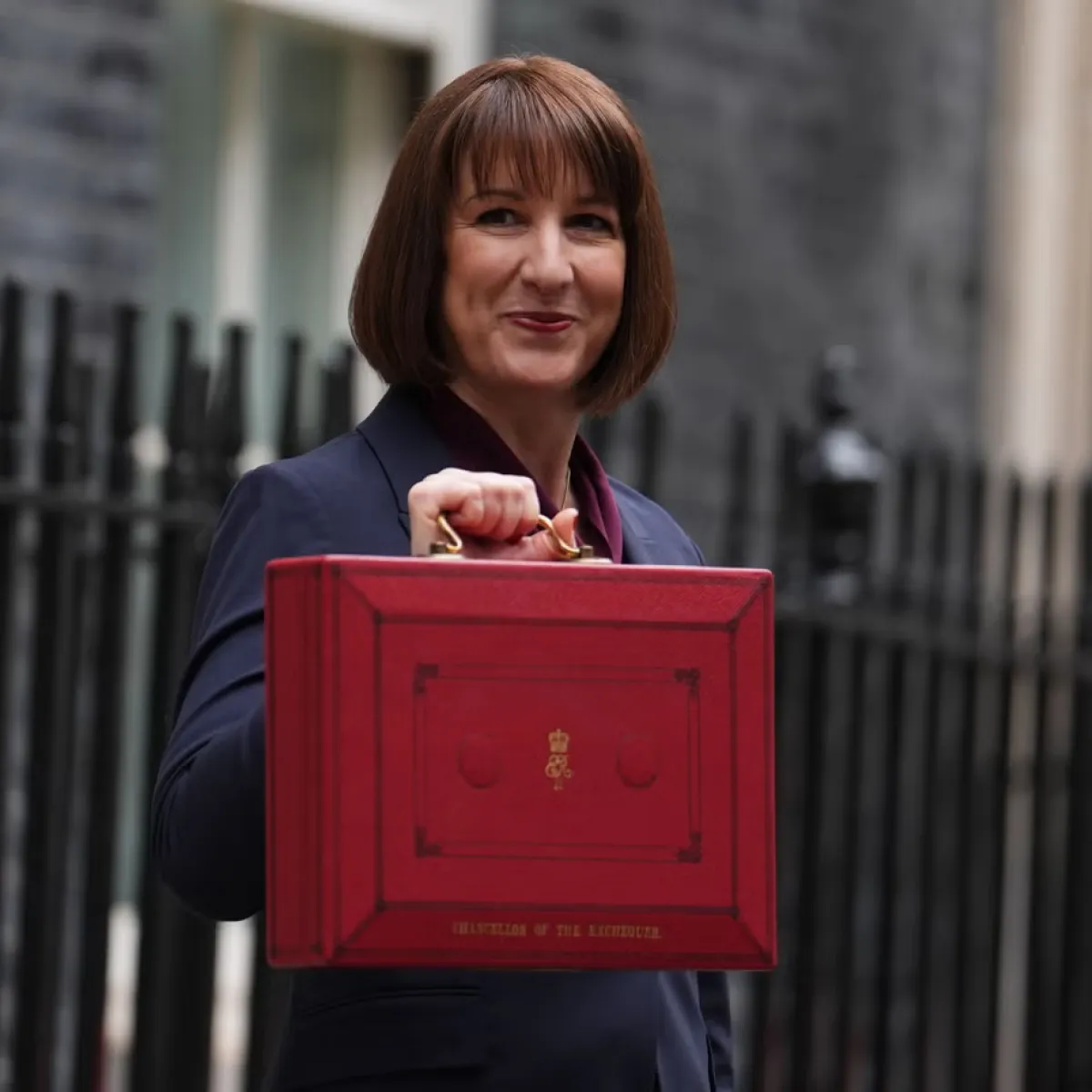This website uses cookies. Learn more
The Shuffle: Let's talk about Climate Policy
The Shuffle Ep. 03
📄💚🌤️
Climate change is at the top of almost everybody's agenda, including the Government's. Senior Political Consultant Beth Andrews explores the three main areas of climate change policy - mitigation, adaptation and resilience.
**
There are rumblings among Conservative backbenchers. The surprise Uxbridge by-election where they, narrowly, didn’t lose the seat has led some MPs to call for the government to water down its green plans.
Yet, according to polling, over half of people across the UK think that the government is not doing or spending enough to reduce carbon emissions. Meanwhile, looking ahead to the next general election, Labour is beginning to put meat on the bones of its manifesto.
From ULEZ to the green energy transition, knowing how to communicate and influence climate policies is something that many of our clients are thinking about right now. And to do that, it’s important to understand what part of the climate story you’re acting in.
Climate change policies broadly fall into three buckets – mitigation, adaptation and resilience.
Climate mitigation
When it comes to reaching Net Zero, mitigation is queen. Climate mitigation means avoiding and reducing the emissions which cause global temperatures to rise. It means stopping actions that cause climate change. Think:
- Reducing the number of cars on the road that run on polluting fuels
- Increasing the proportion of our electricity that comes from renewable sources
- Implementing land use practices which can capture or store more carbon
Climate mitigation is the core focus of government policies, and the bulk of government spending on climate. This makes sense.
Reducing our emissions is how we slow down the course to the worst impacts of climate change. It’s also where the most economic value is expected to come from – creating new jobs, in new industries, across the UK.
But the impacts of climate change are already here. And that is where adaption and resilience come in. These two complementary concepts play slightly different roles in how we manage the impacts of climate change.
Climate adaption
Climate adaption means acting to better protect communities and the environment. It’s the proactive policies that reduce the devastation that higher global temperature can cause. In the UK, for instance, we are particularly vulnerable to flooding and drought. And we also don’t know how to cope with temperatures above 30 degrees. We can manage this through improving infrastructure planning and investment. For example, requiring buildings, transport, and utilities networks to be engineered to withstand higher temperatures without nuts and bolts buckling.
Government adaption spending tends to focus on better flood risk management - building defences and developing routes to move floodwater safely away from homes and businesses. But we can’t adapt to everything. Not everyone wants a 7ft wall along their riverside.
Climate resilience
So, in comes climate resilience. This is all about how quickly we can respond and bounce back from a shock. For example, it’s accepting that flooding will happen, and planning how we can cope with it. It also means ensuring everyone has access to affordable insurance, even when they live in an area with high flood risk.
Climate adaptation and resilience may only be talked about when disaster strikes, but they are an important part of how the UK government – and governments around the world – respond to climate change.
And at a time when both parties are heading into the next general election focused on promoting green economic growth, it’s important to have one eye on better preparing for the shocks that could undo all that hard work.
**
Looking for a steer?
If you want to discuss how to communicate the action that you’re taking, or help shape policy directions to help mitigate, adapt to and bounce back from the impacts of climate change, then get in touch.
Beth is a Senior Political Consultant with specialist policy knowledge across climate, energy, infrastructure and more. Before Lansons, she worked closely with DEFRA at HM Treasury to develop and deliver government projects.

Stay in the loop with our experts




New Business: to find out how we can help you, contact our dedicated new businesss team consultancy@lansons.com
Careers: we’d love to hear from you, please visit our careers hub












